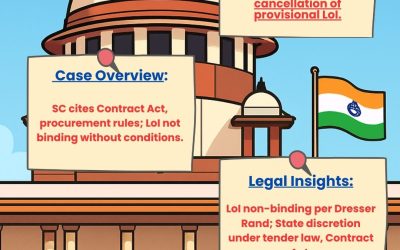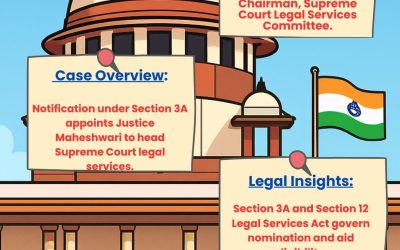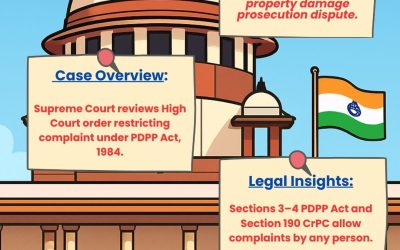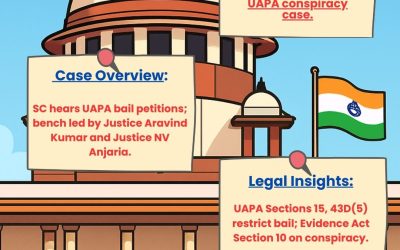
Supreme Court acquits death row convict due to flawed DNA evidence; issues national guidelines on forensic handling.
Case in News
SC sets aside death in DNA lapse citing mishandled DNA sample and flawed investigation procedures in murder case .
Case Overview
Case Name – KATTAVELLAI @ DEVAKAR vs. STATE OF TAMILNADU
On July 15, the Supreme Court, comprising Justice Vikram Nath, Justice Sanjay Karol, and Justice Sandeep Mehta, acquitted Kattavellai @ Devakar, earlier sentenced to death for double murder and rape in Tamil Nadu . The conviction, upheld by the High Court, was based largely on a DNA match . However, the apex court found major lapses in evidence handling . The Court noted a “faulty investigation” and laid down binding national guidelines for collecting, preserving and transporting DNA sample and biological evidence in criminal matters .
Key Aspects
The key aspects of the case are as under –
- Man sentenced to death under Sections 302, 376, and 397 of IPC .
- DNA sample was central to conviction, but lacked chain of custody .
- No proper documentation of sample collection, storage or lab submission .
- Delay in sending DNA sample raised doubts of tampering .
- Appellant argued procedural irregularities compromised evidence integrity .
Legal Insights
The legal insights of the case are as under-
- Section 302 of IPC – Punishment for murder, which may extend to death or life imprisonment .
- Section 376 of IPC – Punishment for rape, with rigorous imprisonment not less than 10 years .
- Section 397 of IPC – Robbery or dacoity with attempt to cause death or grievous hurt .
- Article 21 of the Constitution of India – Protection of life and personal liberty; includes right to a fair investigation and trial .
- Court emphasized forensic safeguards: 48-hour submission rule, sealed handling, and Chain of Custody Register to be mandatory and appended to trial records .
Court’s Verdict
The Supreme Court set aside the death sentence, holding the DNA sample unreliable due to major procedural lapses . It issued enforceable nationwide guidelines for forensic evidence handling and directed all High Courts and Directors General of Police to ensure compliance . The Court also recommended training through Police Academies to standardize practices across India . The judgment upholds the primacy of fair trial rights and forensic integrity .
Source – Supreme Court of India
Read also – Article 21 of the Constitution of India






